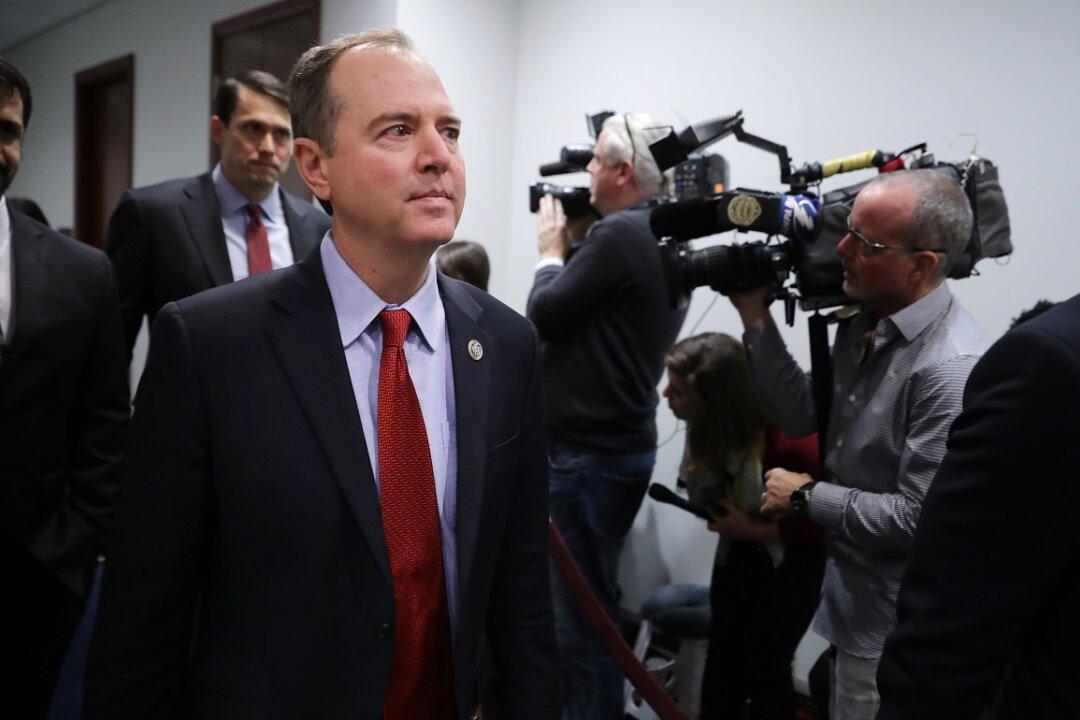A national medical association is suing Rep. Adam Schiff (D-Calif.). The case accuses the California Congressman of abuse of power, claiming that he bullied tech companies into censoring information about vaccines.
The Association of American Physicians and Surgeons (AAPS) filed the suit in a U.S. District Court in D.C. on Jan. 20, 2020. The complaint points to letters Schiff sent to Google, Facebook, and Amazon in February and March of 2019 urging those companies to discredit or deplatform any content that suggests vaccines may be harmful.






